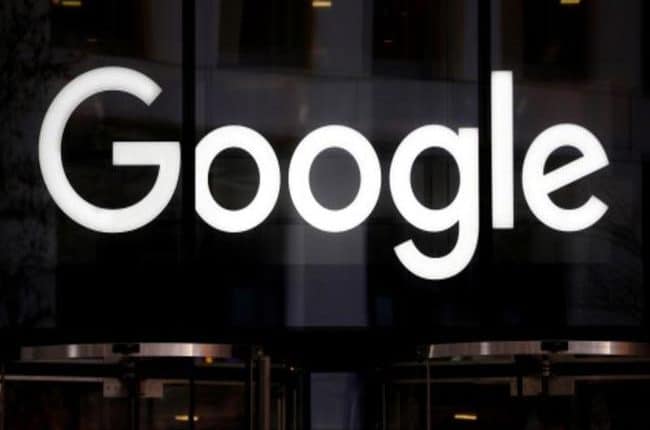Google has lost its appeal against a court order demanding changes to its app store policies, in a major development arising from an antitrust lawsuit initiated by Fortnite creator Epic Games.
The unanimous ruling by the United States Court of Appeals for the Ninth Circuit affirms a 2023 district court decision that found Google had unlawfully restricted competition in the Android app marketplace. Judge Margaret McKeown, writing for the appellate panel, noted that “antitrust remedies can and often must proscribe otherwise lawful conduct to unwind and prevent anticompetitive activity.” The court’s decision reinstates an injunction compelling Google to open its ecosystem to rival app stores and alternative billing systems.
With the stay on the injunction now lifted, Google could soon be required to implement sweeping changes to its app distribution practices. U.S. District Judge James Donato had previously ordered reforms including facilitating third-party app store downloads within Google Play and making Google’s app catalog accessible to competitors. Epic CEO Tim Sweeney lauded the outcome as a “total victory,” adding that the Epic Games Store for Android would soon be introduced on the platform.
The ruling attracted strong support from Microsoft and US regulatory agencies, including the Department of Justice and Federal Trade Commission, all of which submitted amicus briefs advocating for a more competitive digital marketplace. Legal scholars suggest the decision could embolden additional lawsuits by developers challenging the walled gardens maintained by major tech firms. The implications for Google’s business could be significant. The Play Store is a multibillion-dollar revenue generator, with the company collecting commissions of up to 30% on app sales and in-app purchases. Opening the platform to third-party billing systems could force Google to lower its fees or risk losing developer participation to more flexible competitors.
Alphabet shares fell modestly following the ruling, reflecting investor concern about long-term impacts on the company’s app-based revenue. Lee-Anne Mulholland, Google’s vice president for regulatory affairs, warned that the ruling “could significantly harm user safety and undermine innovation,” but maintained that Google’s top priority remains “protecting users and ensuring a secure platform,” as it considers further legal options. Independent developers and startup founders, many of whom have criticized Google’s closed model for years, may stand to benefit. By removing mandatory platform fees and expanding distribution options, the ruling could lower barriers to entry in the Android ecosystem. For developers, this could mean increased revenue, more competitive pricing models, and the freedom to engage directly with users without platform-imposed constraints.
For consumers, the changes could translate into more app variety and lower costs. Caution, however, should still be maintained, since the practical impact will depend on how thoroughly Google complies with the ruling. Cybersecurity experts have also warned that expanding access to third-party app stores could increase exposure to malicious software, though some note that with strong vetting standards, those risks can be effectively managed.
The Tech Portal is published by Blue Box Media Private Limited. Our investors have no influence over our reporting. Read our full Ownership and Funding Disclosure →






